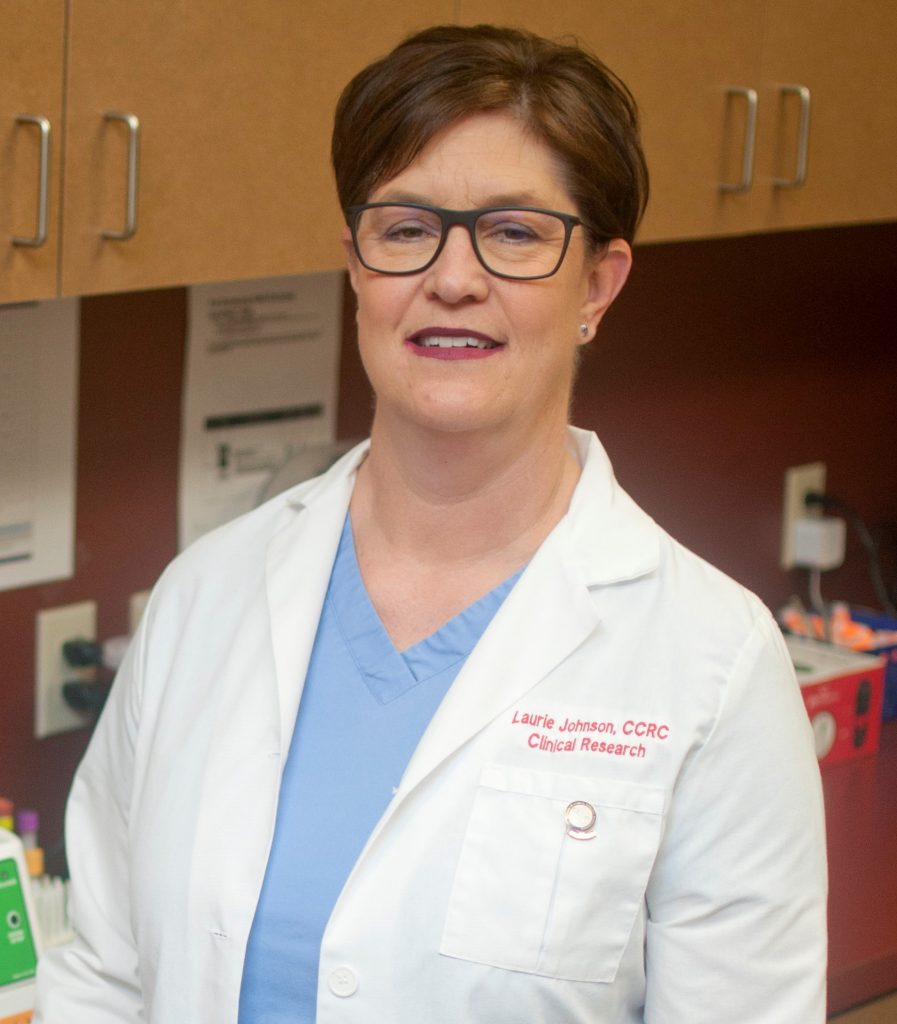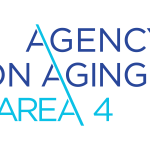Prior to 1747, scurvy was a mysterious disease that, by some accounts, killed more sailors than battle, storms and shipwrecks combined. In one of history’s first recorded clinical trials, James Lind found the cure: citrus fruit. The design of his experiment, which treated a dozen men with six anecdotal “cures,” is thought to be the inspiration for today’s clinical trial research model.
Whether it’s antibiotics to treat drug-resistant germs, a new way to manage chronic conditions such as diabetes, or more effective contraceptives for men and women, clinical trials are required before the U.S. Food and Drug Administration approves them for market. The purpose of such studies is to determine the safety and efficacy of new medications, devices, treatments and procedures.
“What we do today will affect our kids and our grandkids tomorrow.”
Jesika Riley, certified clinical research coordinator
Here in Sacramento, Northern California Research conducts clinical trials designed to develop new advancements with the potential to improve the lives of millions of people around the world. But to conduct these important studies, they need patient volunteers.
While the specific protocols are set by sponsoring pharmaceutical companies, a wide range of demographics is usually required, including men and women of different ages, races and with a variety of medical conditions. Most trials are conducted over several months or years and typically require monthly exams and testing. All visits and tests, such as x-rays or other procedures, are at no cost to patients, who are paid for their time and efforts. There are additional benefits, according to Laurie Johnson, Northern California Research site director and certified clinical research coordinator.

Northern California Research
“It’s a really nice thing for patients because they get close monitoring and they get updates more frequently than they would at their primary care doctor, they get extra x-rays, they get to see if there’s any changes in their blood work, MRIs, things that maybe they wouldn’t do for patients in a regular medical site,” she says, adding that “a lot of times in these particular trials, (patients) will know what they were on and hopefully will be able to look for it after it’s approved.”
For certified clinical research coordinator Jesika Riley, the long-term benefits of developing new treatments are equally important.
“It’s important to volunteer. I have to be thorough because I wouldn’t want the medication that I’m now studying to be given to my grandkids in 40 years if it’s not really working,” she says. “What we do today will affect our kids and our grandkids tomorrow.”
To see what current and future clinical trials Northern California Research is conducting and if you’re eligible to participate, visit www.northerncaliforniaresearch.com or call 916-484-0500.






























